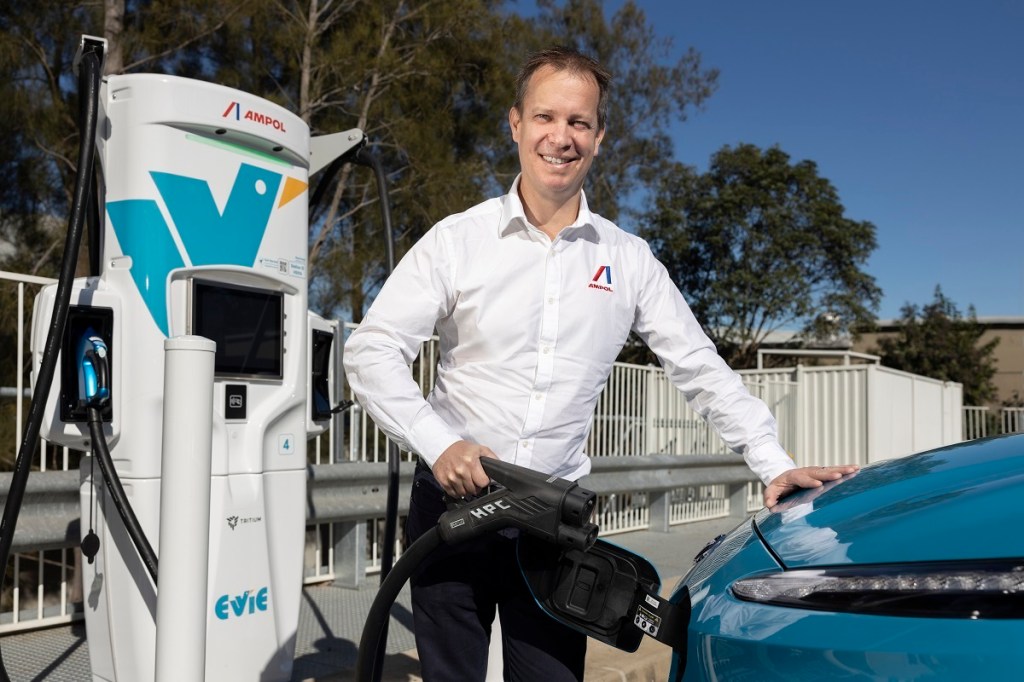Matt Halliday, Managing Director and CEO, Ampol said that against the backdrop of increased market volatility due to the global energy shock, COVID-19 outbreaks and extreme weather, Ampol has delivered the strongest half year Replacement Cost Operating Profit (RCOP) in its history.
Ampol, which owns one of Australia’s two remaining oil refineries at Lytton, saw a surge in RCOP to $734.1m, boosted by the Lytton plant which saw RCOP soar to $443.9m compared to $49.3m in the previous corresponding half.
Lytton benefited from rising prices for refined products, net of increased landed crude premiums and increases in product freight costs.
The conditions driving refiner margins caused headwinds in other parts of the supply chain, including quality premiums, which rose to record levels as global markets rebalanced in response to Russian sanctions and lower refined product exports from China. Ampol’s margins were exposed to these rising quality premiums on uncontracted supply volumes.
Total Australian sales volume rose 2.1 per cent compared with the same time last year, as the growth in sales to commercial customers, particularly in aviation, offset the decline in retail volumes which felt the impacts of COVID-19, flooding, and high prices.
Earnings in Convenience Retail declined in the half to $127.3m as the combined impacts of Omicron, floods, and high retail fuel prices reduced demand and compressed margins.
Fuel volumes were down 7.5 per cent, 5.8 per cent on a like for like basis. Average margins came under pressure, particularly in May and June, due to the rapid rise in the cost of petrol and diesel and the lag in passing these higher costs through to retail prices.
Despite the difficult conditions affecting fuel sales, shop performance remained strong with total shop income up 8.1 per cent on the prior comparable period due to improved product mix, promotional activity, labour efficiency, and reduced waste.
Average basket size also grew with these results demonstrating the benefits of consistency in merchandising and store operations of the company owned and operated model.
“Ampol team members have supported their communities and customers during some of the most challenging weather conditions we have experienced, keeping critical supply chains open. This commitment to delivering for our customers reflects the strength of the culture we are building at Ampol,” says Halliday.
“We also completed the acquisition of Z Energy, strengthening our presence in New Zealand and we welcome the Z Energy team into the Ampol Group.”
During the half, 17 stores were closed, and one new site was added, taking the company retail network to 668 sites. The rebrand of the Ampol owned network is essentially complete with 1,285 sites rebranded as of 30 June, with remaining work focused on EG sites, which will be rebranded by the end of the year.
The acquisition of Z Energy in New Zealand was completed on 10 May, with earnings and total fuel sales included in the Group’s results for the months of May and June.
Z Energy has now transitioned to a full import model with Ampol confident that it can deliver anticipated benefits of around NZ$60-80m as a result.
During July, both Convenience Retail and Z Energy experienced a strong recovery in retail fuel margins as refined product costs eased. As a result, Convenience Retail exited July with EBIT in line with the prior year, on a year to date basis.
Ampol has more than doubled its interim dividend to $1.20 per share with payment set for 28 September.
To stay up to date on the latest industry headlines, sign up to the C&I e-newsletter.

